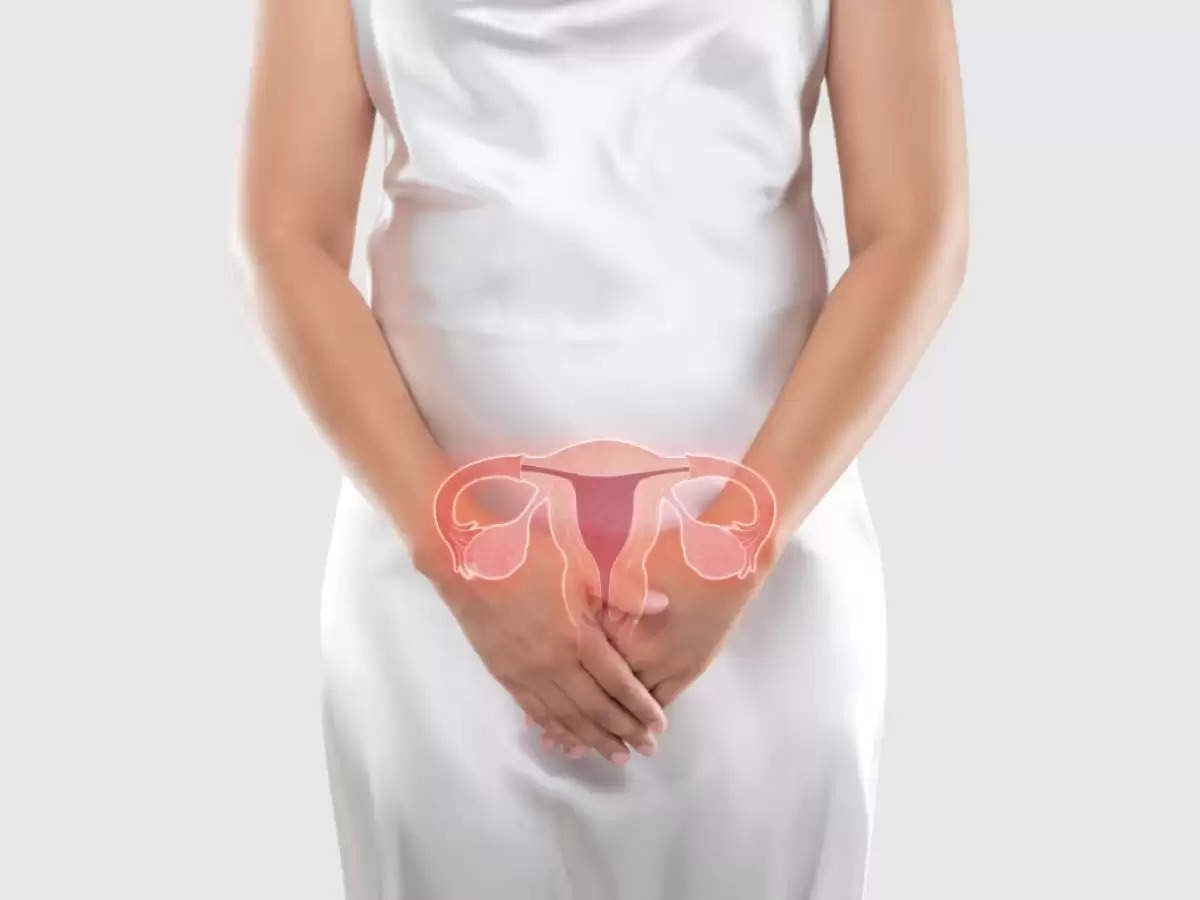The journey of menopause is not easy for women. Many types of changes take place in the body, which also affect the woman mentally. She suddenly enters a phase of age where the skin starts becoming rough, the body starts aching, the muscles get strained and all this together affects the mental health. World Menopause Day, celebrated on 18 October, explains this problem of half the population.
World Menopause Day started in 1984. The International Menopause Society, in collaboration with the World Health Organization (WHO), started celebrating it. It aims to promote awareness about menopause and address the physical, emotional and social challenges women face during this period. Every year an awareness campaign is conducted with a theme. This time the theme is menopause hormone therapy. IANS spoke to some senior gynecologists about what this therapy is.
expert statement
Dr. Trupti Raheja, Chief Consultant, Obstetrics and Gynecology, C.K. Birla Hospital (R), Delhi, talks about Hormone Replacement Therapy (HRT). HRT replaces the hormones (primarily estrogen and progesterone) that the body stops producing during menopause. It may be given as tablets, skin patches, gels or creams.
What happens in menopause?
Menopause effectively reduces the intensity of hot flashes, night sweats and mood swings. It helps maintain bone density, reducing the risk of osteoporosis and fractures. It may reduce the risk of heart disease in women who start taking it closer to menopause. According to the doctor, it plays an important role in controlling emotions. Dr. Tripti says that overall it can improve sleep, sexual health, and emotional well-being.
doctor's warning
Along with this, doctors also issue a warning. According to him, along with the benefits, it is also important to understand its side effects. Dr. Trupti says there are many benefits of HRT, but it's important to be aware of the potential risks. These may increase the risk of blood clots and stroke, and long-term use may slightly increase the risk of breast cancer and gallstones. Currently, HRT is recommended for women suffering from severe symptoms of menopause, especially if these are affecting their daily life. These include people who cannot take other medications for osteoporosis. However, people with certain cancers, women with blood clots, or people who have a history of heart disease should consult their doctor for alternative treatments.
 look news india
look news india
